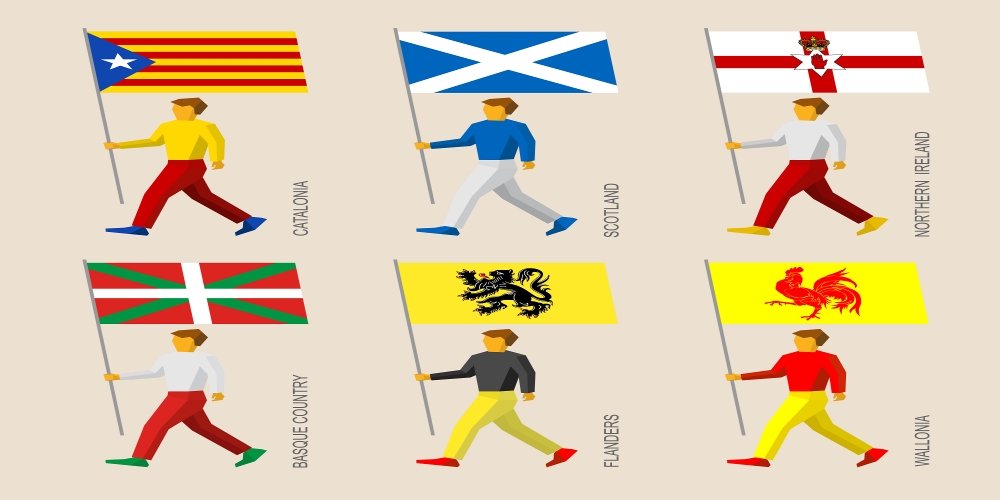Abstract
Multinational (quasi)federations are polities that hold together at least two constituent national partners. Unlike sovereign or majoritarian nations, minority nations that evolve in such federations usually cannot fully empower their societal cultures exclusively with their own autonomous will and institutions. We argue that such inability can lead to a more or less prominent multinational federalism deficit. Indeed, the less a multinational (quasi)federation enables its minority nation(s) to develop and consolidate their respective societal culture, the more likely it is to display such deficit, and vice-versa. But how can we measure such a deficit? We identify six legally oriented pillars that are central for a minority nation to sustain its societal culture. Those pillars, which we operationalise through twelve indicators, form the building blocks of the Societal Culture Index. The Index allows measuring and comparing minority nations by combining normative studies and empirical research.


